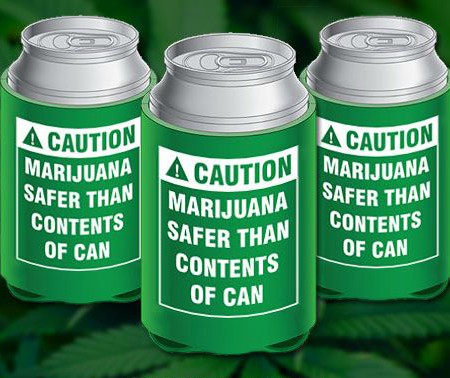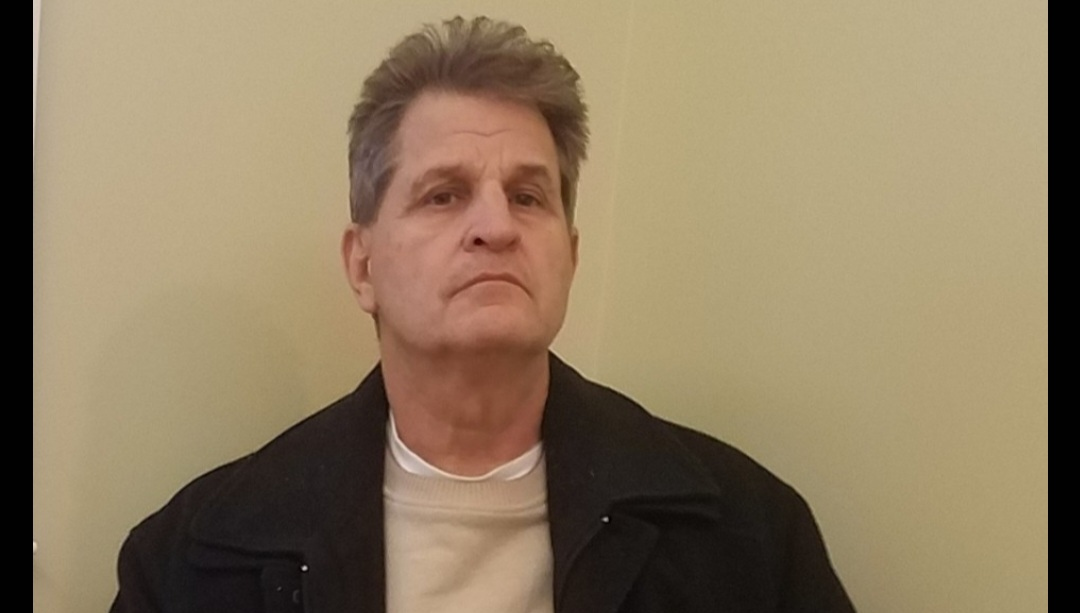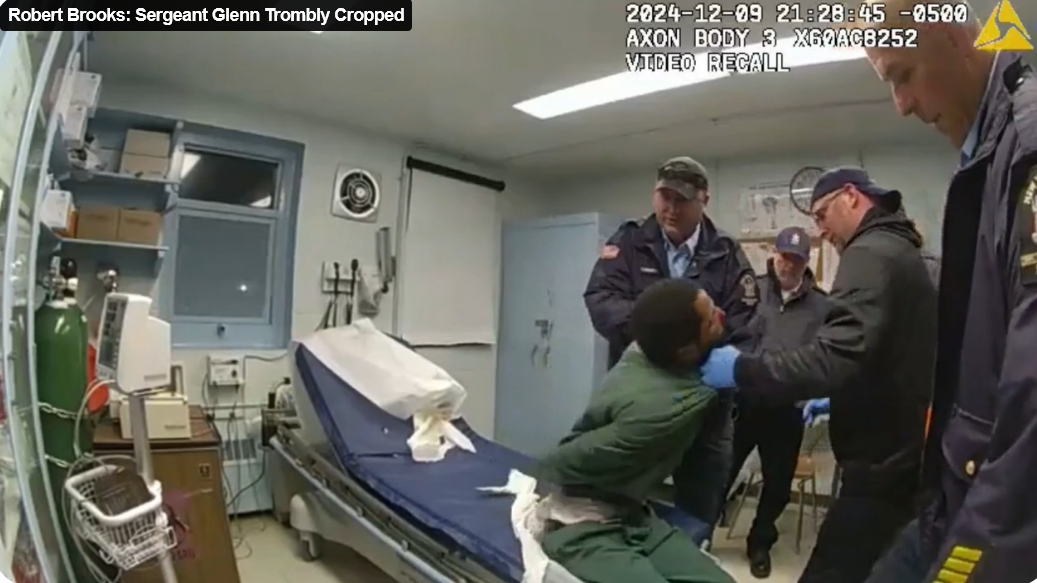[Marijuana legalization\NORML]
2019 Year in Review: NORML’s Top Ten Events in Marijuana Policy
Photo: NORML\Facebook
NORML (National Organization for the Reform of Marijuana Laws) has issued there top ten events in Marijuana policy for 2019. The top ten are:
#1: Congress takes unprecedented action to amend federal marijuana prohibition
Members of the US House of Representatives in September voted overwhelmingly in favor of legislation permitting banks to partner with state-licensed cannabis businesses. The vote marked the first time that a chamber of the US Congress has ever voted on a stand-alone marijuana reform bill. In November, members of the House Judiciary Committee decided in favor of the MORE Act, which removes cannabis from the US Controlled Substances Act. It is the first time that a Congressional committee has ever voted to relinquish marijuana from the control of the federal government. Both measures now await action from the US Senate in 2020.
#2: Two-thirds of Americans support legalizing marijuana nationwide
Two in three Americans believe that the adult use of cannabis ought to be legal, according to nationwide polls compiled this year by Gallup, Pew, and the Public Religion Research Institute. The percentage is among the highest levels of support ever reported in national surveys and represents a dramatic shift in public opinion since the mid-1990s, when only 25 percent of the public endorsed ending marijuana prohibition.
#3: Illinois lawmakers enact comprehensive legalization legislation
Lawmakers in the nation’s sixth-largest state passed legislation this summer legalizing the commercial production and retail sale of marijuana to adults. Illinois is the eleventh state to legalize adult-use marijuana possession and it is the first jurisdiction to enact comprehensive regulations governing cannabis sales by a legislative vote (rather than via a voter-initiated ballot measure).
#4: States move to expunge millions of low-level cannabis convictions
More than a dozen states – including Illinois, New Jersey, New York, and Washington – passed legislation in 2019 explicitly facilitating the expungement of marijuana-related criminal convictions. The newly enacted laws in Illinois and New York are anticipated to result in the automatic expungement of over one million cannabis convictions.
#5: Multiple states enact, expand marijuana decriminalization policies
Three states – Hawaii, New Mexico, and North Dakota – enacted laws in 2019 significantly reducing penalties for minor marijuana possession offenses while two additional states – Delaware and New York – passed laws expanding their existing decriminalization policies. Twenty-five states and the District of Columbia have either legalized or decriminalized the adult possession and use of marijuana.
#6: Adult-Use cannabis laws associated with falling teen use rates
The enactment of statewide laws regulating the use of cannabis by adults is associated with declines in self-reported marijuana use by adolescents, according to data published in JAMA Pediatrics in July. Investigators reported that states with “recreational marijuana laws were associated with an eight percent decrease in the odds of marijuana use and a nine percent decrease in the odds of frequent marijuana use.” By contrast, states with medical cannabis laws only were not associated with any statistical changes in youth use. Authors concluded: “Consistent with the results of previous researchers, there was no evidence that the legalization of medical marijuana encourages marijuana use among youth.”
#7: City prosecutors halting low-level marijuana prosecutions
Prosecutors in a number of cities and counties – including Baltimore (MD), St. Louis (MO), Norfolk (VA) – announced their intentions this year to stop prosecuting minor marijuana offenses. Prosecutors said that halting prosecutions will both cut judicial costs and address racial disparities in policing.
#8: Over-the-counter CBD products commonly mislabeled, may possess impurities
Third-party lab testing of commercially available, over-the-counter CBD products typically identifies lower percentages of cannabidiol than advertised. Dozens of reports released this year – such as those here, here and here – identified levels of CBD that were inconsistent with those that were advertised on the products’ label. Other studies have identified the presence of THC, heavy metals, and synthetic cannabinoids in some commercially marketed CBD products. Currently, the US Food and Drug Administration provides no regulatory oversight for commercially available CBD products. In May, NORML provided written testimony to the FDA urging the agency to move expeditiously to provide regulatory guidelines governing CBD-infused products, including best practices for their manufacturing, standardization, and purity.
#9: CDC identifies vitamin E oil as a likely culprit in vaping-related lung illnesses
Representatives from the US Centers for Disease Control in November publicly identified vitamin E acetate (oil) as a “very strong culprit of concern” in EVALI (e-cigarette or vaping product use-associated lung injury).The oil, which is purportedly used as a thickening agent, has been identified primarily in unregulated, e-liquid THC vaping products. To date, some 2,300 Americans have been hospitalized as a result of EVALI. The CDC has not yet ruled out the possibility that other agents may also be involved in the outbreak.
#10: USDA issues regulations governing domestic hemp cultivation
The United States Department of Agriculture issued interim rules in October governing the licensed, commercial cultivation of industrial hemp. Congress codified a legal distinction between marijuana and hemp in 2018 with the passage of the Agriculture Improvement Act of 2018.







